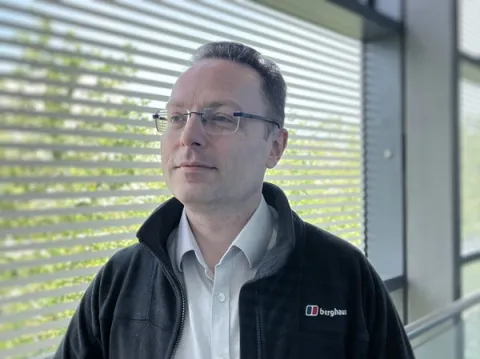About the project
This PhD focuses on developing deep-learning techniques based on multimodal natural language processing (NLP), including large language models (LLMs), audio processing, computer vision (pose estimation, emotion recognition), knowledge graphs or neurosymbolic models in computational social science, analysing discourse in text/audio/video format, including emotional rhetoric analysis, information extraction, and argument mining.
In today’s complex information ecosystem, fostering informed public opinion and constructive debate is essential for democratic societies. Whether in political debates, online forums, or live deliberations, effective communication relies on the ability to recognise and analyse arguments, detect emotional nuances, and filter out misinformation. Advances in multimodal Natural Language Processing (NLP) allow us to extract and interpret discourse from diverse formats—text, audio, and video—supporting balanced and meaningful dialogue across varied settings. This project focuses on developing deep-learning techniques that employ large language models (LLMs), computer vision (e.g., pose estimation, emotion recognition), audio analysis, and information extraction to capture argument structures, premises, claims, and cited evidence.
Potential tools and methods are wide-ranging, including neurosymbolic models, knowledge graphs, multimodal architectures, and chain-of-thought prompting for complex reasoning. These approaches will enable models to attend to explicit and implicit signals, from emotional rhetoric to speech style, integrating signals across modalities to enhance understanding. Computer vision and audio processing will add layers of insight, allowing the system to interpret body language, vocal tone, and other subtle cues in political and social contexts.
Aligned with the Rebooting Democracy project, this PhD offers interdisciplinary collaboration opportunities with experts in computer science and political science, plus flexibility to tailor the project to your interests. Your research will advance cutting-edge computational frameworks that support online moderation, informed decision-making, and healthier discourse, contributing to democratic resilience and enhanced communication in the digital age.
Prospective candidates are invited to apply early, applications are reviewed on a rolling basis.


